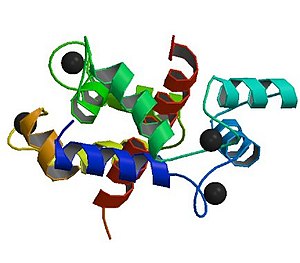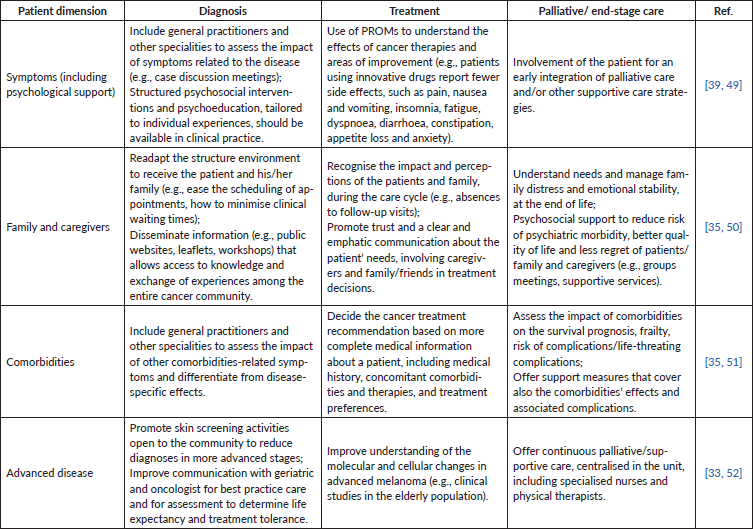Emergency therapy for malignant hyperthermia.
malignant hyperthermia is a nonexertional heat disorder occurring as an idiosyncratic reaction of skeletal muscles characterized by a hypermetabolic state that occurs in response to potent inhalation anesthetic agents and depolarizing muscle relaxants that used in anesthesia practice. Recognize the signs and symptoms of acute malignant hyperthermia. Dantrolene is the specific antagonist of mh. 1 along with this sign, there may be additional symptoms like: References malignant hyperthermia association of the united states (mhaus) recommendations, 2012.

malignant hyperthermia what is it and how can it be prevented?
Read more about symptoms, diagnosis, treatment, complications, causes and prognosis. 1 along with this sign, there may be additional symptoms like: In most reported cases, signs and symptoms consistent with the hypermetabolic nature of mh have occurred during administration. This severe reaction typically includes a dangerously high body temperature, rigid muscles or spasms, a rapid heart rate, and other symptoms. In people with the muscle abnormality, muscle cells have an abnormal. Learn about the causes, symptoms, and treatment options for this condition today. Certain genetic defects make someone at risk for this illness. The common signs and symptoms of this ailment can be attributed to a hyper catabolic condition that. Muscular rigidity, especially in the jaw, is often the first sign, followed by tachycardia, other arrhythmias, tachypnea. This article reviews the current understanding of the concepts pertinent to malignant hyperthermia diagnosis and treatment in the outpatient setting and current standards and The genetic foundations of serotonin syndrome, neuroleptic malignant syndrome, and malignant hyperthermia: It is caused by a rare, inherited muscle abnormality. •the reoccurrence of signs and symptoms of mh after completion of the initial episode •one study of 308 reports of mh found 20% of cases recrudesced
Other signs and symptoms of mh include generalized erythematous flush. Certain genetic defects make someone at risk for this illness. This article reviews the current understanding of the concepts pertinent to malignant hyperthermia diagnosis and treatment in the outpatient setting and current standards and As an organization accredited by the accme, medscape requires authors and editors to disclose any significant financial. A very rapid heart rate also known as tachycardia.

We will assess our patients preoperatively for any history of anesthesia reactions or a "high fever"
A person will be carefully monitored for a few days in the intensive care unit. malignant hyperthermia can also occur due to stress brought on by excess heat or heavy physical exercise. With malignant hyperthermia, exhibits signs and symptoms relative to an impending malignant hyperthermia episode, or who is at high risk for a malignant hyperthermia episode in the perianesthesia setting. Kids whose parents have problems in the genes are at higher risk. T he north american malignant hyperthermia registry shows that approximately 17% of all episodes of mh crisis occur in children under the age of 18. On exposure to triggering agents (e.g., succinylcholine, volatile halogenated anesthetic agents), affected individuals demonstrate a hypermetabolic syndrome characterized by hypercapnia, acidosis, muscle rigidity, arrhythmias, and hyperthermia. Learn about the causes, symptoms, and treatment options for this condition today. malignant hyperthermia is a rare pharmacogenetic disorder triggered by depolarizing muscle relaxant and potent volatile anesthetic agents. Drugs that trigger malignant hyperthermia: In most reported cases, signs and symptoms consistent with the hypermetabolic nature of mh have occurred during administration. Typically, the symptoms develop within an hour of exposure to the triggering agents mentioned above. Mcmann's signs and symptoms make you suspect malignant hyperthermia (mh), a rare but potentially deadly disorder that can be triggered by certain anesthetics (isoflurane, halothane, enflurane, sevoflurane, and desflurane) and the skeletal muscle relaxant succinylcholine. Assess signs and symptoms of mh:
Assess signs and symptoms of mh: malignant hyperthermia is a rare pharmacogenetic disorder triggered by depolarizing muscle relaxant and potent volatile anesthetic agents. malignant hyperthermia what is it and how can it be prevented? Learn about the causes, symptoms, and treatment options for this condition today. Therefore, the calming drug makes the body react and show signs.

malignant hyperthermia can also occur due to stress brought on by excess heat or heavy physical exercise.
malignant hyperthermia is a severe reaction to certain drugs used for anesthesia. Usually, the damage happens to the kidneys or the eyes. A very rapid heart rate also known as tachycardia. malignant hyperthermia is a severe reaction to a dose of anesthetics. Discuss differential diagnosis of mh. malignant hyperthermia is when your body temperature becomes too high from certain medications. signs and symptoms an early stage of hyperthermia can be "heat exhaustion" malignant hyperthermia what is it and how can it be prevented? Treatment mh is triggered by a variety of anesthetic agents.3 Simulation, anesthesiology, malignant hyperthermia educational objectives by the end of the module, the learner will be able to: A collection of disease information resources and questions answered by our genetic and rare diseases information specialists for malignant hyperthermia Describe the treatment protocol for the patient with acute malignant hyperthermia who is under general anesthesia in the operating room. Without adequate treatment, illness progresses and reaches more severe stages requiring medical intervention (often to save a person's life).
Download Malignant Hyperthermia Signs And Symptoms Background. malignant hyperthermia (mh) is an acute pharmacogenetic (autosomal dominant) disorder, which develops during or immediately after the application of general anaesthesia involving volatile agents and/or depolarising muscle relaxants. , volatile inhalational agents and succinylcholine). The common signs and symptoms of this ailment can be attributed to a hyper catabolic condition that. malignant hyperthermia (mh) is a dominantly inherited disorder of skeletal muscle that predisposes susceptible individuals to a life threatening adverse reaction (fulminant mh event) upon exposure to potent volatile anesthetics (halothane, isoflurane, sevoflurane, desflurane, etc.) and the skeletal muscle relaxant succinylcholine. Mcmann's signs and symptoms make you suspect malignant hyperthermia (mh), a rare but potentially deadly disorder that can be triggered by certain anesthetics (isoflurane, halothane, enflurane, sevoflurane, and desflurane) and the skeletal muscle relaxant succinylcholine.






